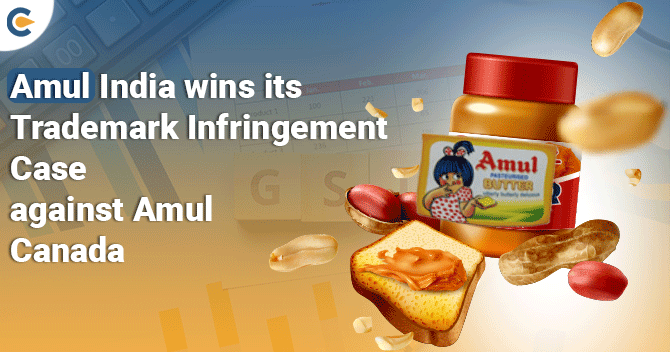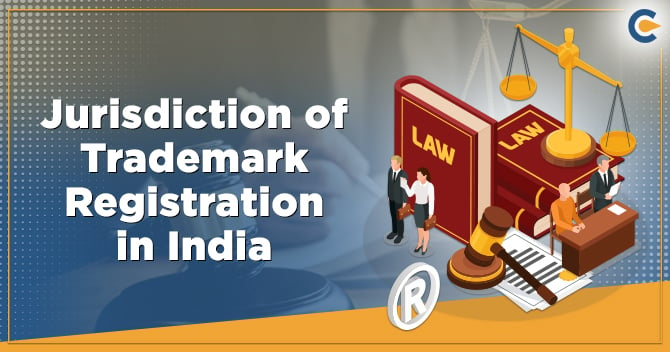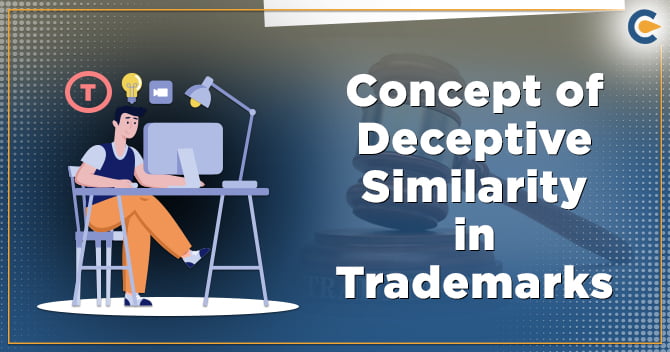At present, there has been an increase in trademark infringement cases. Trademark infringement occurs in the Case of prohibited use of a trademark/service mark/ concerning products in a way likely to be deceitful or misleading about the origin of the products or services. A plaintiff must prove in law that it possesses a valid mark, that it has priority. The defendant trademark is likely to mislead the consumers about the origin of the products or services offered under the parties’ Trademark. This write-up will pen down how Amul India won its first trademark infringement case in Canada.
Facts related to the Case
In this Case, Plaintiff ( Kaira District Co-Operative Milk Producers’ Union Limited and Gujarat Co-operative Milk Marketing Federation Ltd ) filed a claim asserting Infringement of Trademark and copyright by the Defendants (Amul Canada and its employee). Here, Amul Canada[1] had used the Plaintiffs’ brand name, logo, and information to advertise their products on LinkedIn.
The Plaintiff (Amul India) is a famed Indian brand and is common in every Indian household. The plaintiff deals in the collection, manufacturing, and distribution of milk and milk products. Plaintiff sells these products under the brand name Amul.
“Amul” is operated and managed by a cooperative body named The Gujarat Co-operative Milk Marketing Federation Ltd and is a well-known trademark of the Plaintiffs. Also, the Plaintiffs have a copyright over the designs associated with the Trademark. Gradually, the Plaintiffs claimed to have made sales in Canada to enhance their brand value and become well-known in Canada. As a result, the Plaintiffs have built a reputation and earned goodwill on their brand globally over the years.
Contrarily, the Defendants had a LinkedIn account with ‘Amul Canada’ under which they sell, advertise, and market goods. They said ‘goods’ sold by Amul Canada were identical to that of the interests of Plaintiff, along with a similar trade name and logo. The Plaintiffs strived to compel the Defendants through LinkedIn to stop advertising, marketing, offering for sale, selling, and delivering goods identical to the Plaintiffs’ interests in Canada under the trademarks and trade names ‘Amul’ and ‘Amul Canada Limited.’
Apart from using the Plaintiffs’ exact marks and designs, the Defendants claimed to be the Plaintiffs and performed the misleading activity by copying information from the Amul web pages.Plaintiff (Amul India) alleged that they never granted any license to the Defendants the permission to utilize the Plaintiffs’ trademarks in any manner.
Despite several attempts, the Plaintiffs never received a response from the Defendants. In the light of the situation mentioned earlier, the plaintiffs filed a motion for an ex-parte order.
What is an Ex-parte Order?
An Ex-parte Order is an order which is passed in the non-appearance of the opposition party. The decision is taken in the presence of both parties by considering the principle of natural justice, any case must be, and the concerned parties should be given a right to be heard.
What was the Court’s assumption related to this Case?
Remarking the Defendants’ misleading behavior and the Plaintiffs’ depletion of all sensible efforts to have the Defendants cease and abstain their behavior before and during the starting of these proceedings. The Court had the perspective that Plaintiffs had control to invite the movement for Default Judgment ex parte Order to stop the misuse of their Trademark.
The Court further disclosed that there were possible damages that could have been related. The Defendants involved in relentless fraudulent behavior had aimed to lead to Confusion in Canada between the Plaintiff’s goods and business and those of the Defendant.
The Plaintiff Party (Kaira District Co-Operative Milk Producers’ Union Limited and Gujarat Co-operative Milk Marketing Federation Ltd) have met all of the criteria for establishing the “passing off” test, which comprises of –
- Existence of goodwill, Confusion in the mind of public due to misrepresentation, and,
- Actual or potential damages to Plaintiffs
Furthermore, the Court stated that Plaintiff’s Brand continued to exist for well over 50 years and is promoted worldwide through digital and other channels. This, as a result, has obtained uniqueness over time and reflects that Plaintiffs’ products have a public image in a particular segment (i.e., Quantity of milk and cheese distribution)of distributing milk and cheese products.
Therefore, the act of incorrectly advertising their desire to raise butter sales in Canada by Defendant was held unpermitted use of the Plaintiffs’ Trademark adequate to violate the Trademark right contrary to Sections 19 and 20(1)(a) of TMA by the Court.
What Judgement was issued by the Court?
In the Light of the Above, the Court came to the following findings-
- To continually prohibit violating the Plaintiffs’ Trademark and copyright with the name of ‘Amul’ and ‘Amul-The Taste of India’ and bring to public attention the product and business of the Defendant in that is creating Confusion in Canada.
- All LinkedIn accounts created and used (including any other LinkedIn accounts, domain names, and social media sites owned or handled by the Defendants) are displayed. Further, the Court ordered that Plaintiffs’ trademarks/copyright shall be transferred to Plaintiffs within thirty days by Defendant.
- Disclosure of all entities that reached the Defendants’ business via LinkedIn pages and their contact information.
- The Plaintiffs were rewarded $10,000 as against the violations of TMA, $5,000 as against the violation of Copyright Act, and the lump sum costs of $17,733.
Conclusion
The judgment made by the Bench is a remarkable development in the protection and Infringement of IPRs of Indian companies dealing abroad. In the given Case, a substantial ratio has been laid down upholding the IPR of the Plaintiffs under Section 7(b), 19 & 20 of the Trademarks Act and Section 27 of the Copyrights Act.
Conclusively, the Bench held that the Defendants were engaged in ambiguous activity since the beginning of proceedings. Thus, it was held that the Plaintiffs have every right to bring the motion for default judgment.
The Defendants were lifelong barred from infringing on the Plaintiffs’ trademarks and copyright and from conducting such business which will cause or be likely to cause Confusion between their goods and the Plaintiffs’ goods.
Read our article:Everything you need to know about Penalties & Remedies for Trademark Infringement in India











